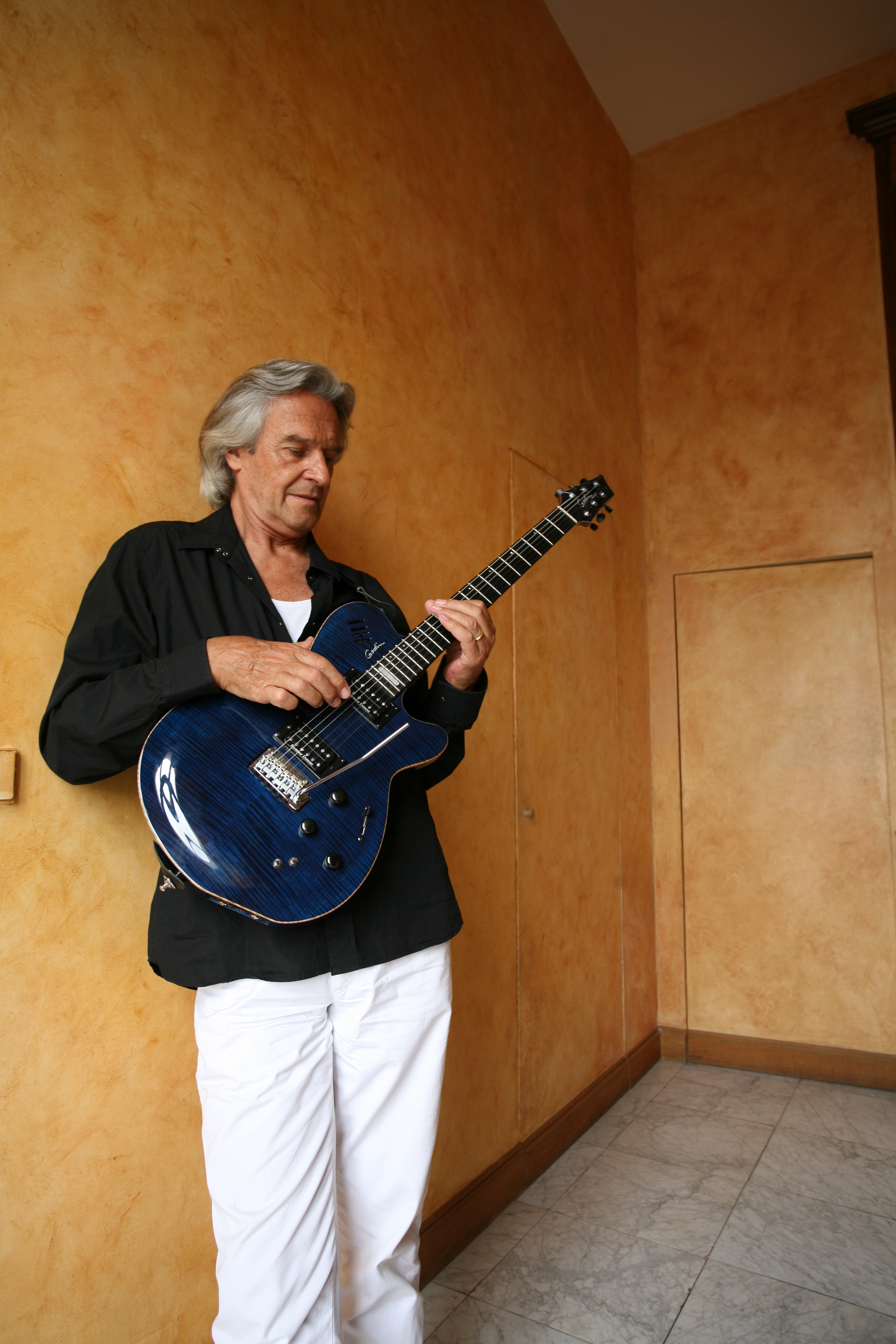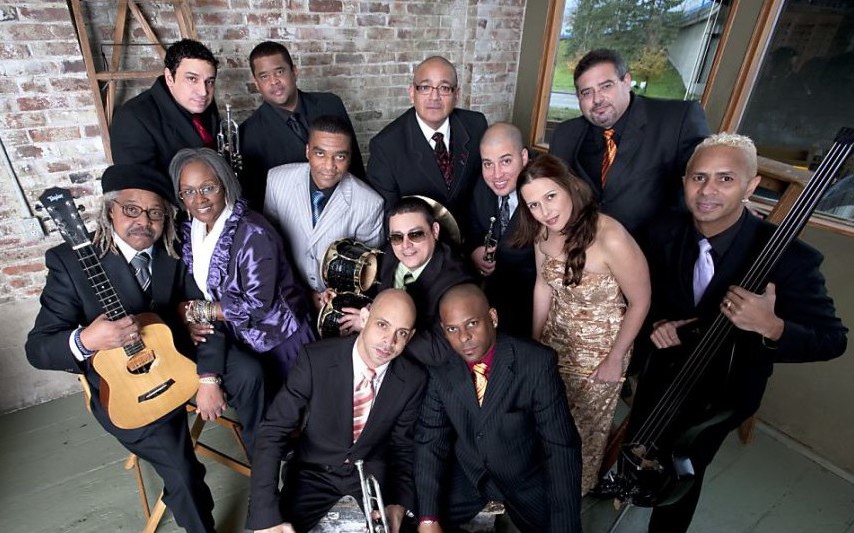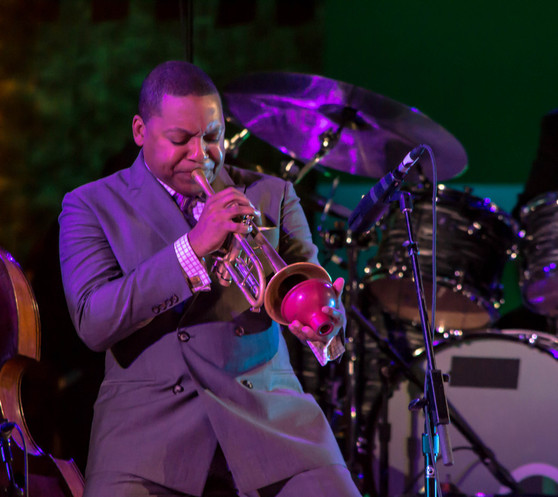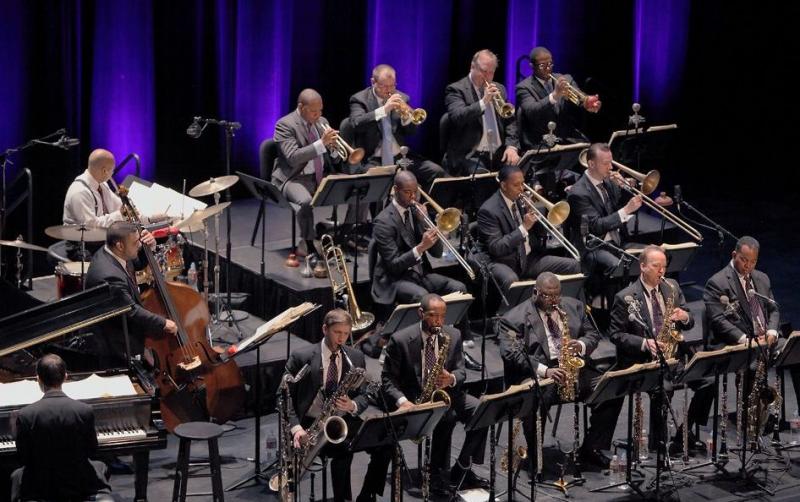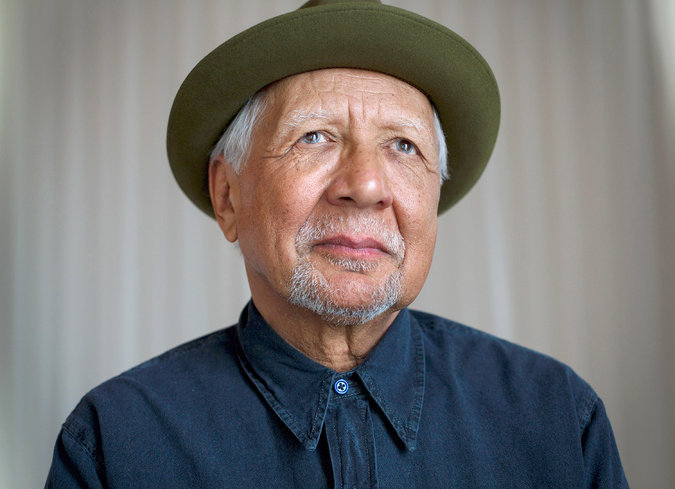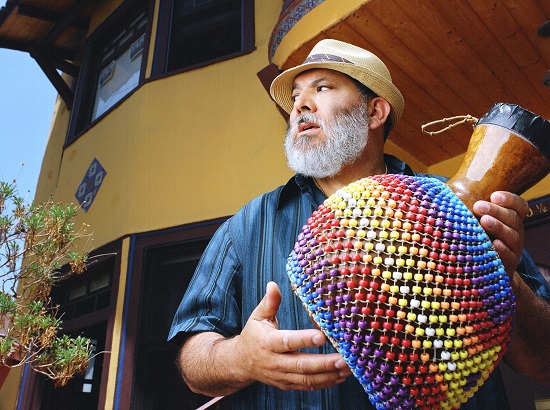
Blues legend Taj Mahal doesn’t use the word “genius” lightly. But that’s the title he gave Bassekou Kouyaté, the Malian virtuoso of the ngoni lute. And he earns it every time he takes the stage, and with each release by his band, Bassekou Kouyaté & Ngoni Ba. His vision and prowess keeps growing, and it reaches fresh electric heights with the group’s new release, Ba Power (Glitterbeat Records; release: May 12, 2015), which will be followed by a North American tour.
“In Bambara, ‘ba’ means strong or great, but it also means group,” Kouyaté explains. “This album is called Ba Power because the messages on it are important and strong. My ancestors played ngoni, I play ngoni, my son plays ngoni. That’s my family’s mission.”
Read the full article on COLOR MAGAZINE
Bassekou Kouyate on TKA
